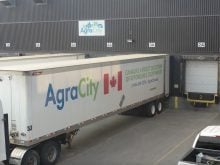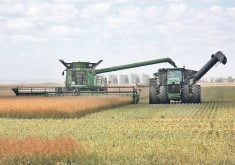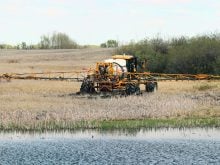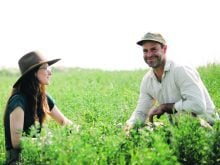The call for an investigation into meat pricing in Canada indicates cattle producers’ frustration that they couldn’t benefit from incredibly high beef demand in the last couple of years, said an industry analyst.
Brian Perillat, agribusiness specialist at More Than Just Feed, said market cycles are typical but the gap between live cattle prices and packer and retailer prices has been extreme this time around. That makes the situation somewhat unprecedented.
However, he said deciphering the difference between market challenges and actual market breakdown or manipulation would be difficult.
Read Also
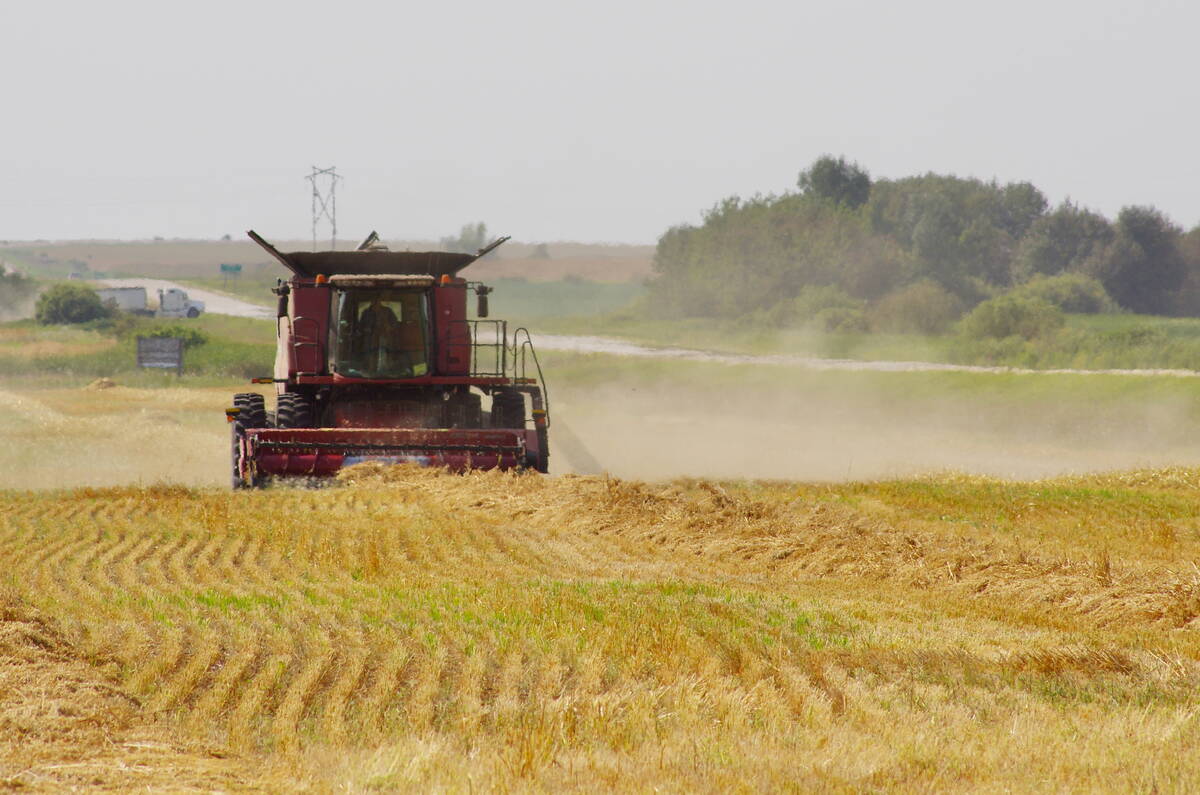
Herbicide resistance sprouts in Manitoba’s wild oats
Farmers across Manitoba this fall are gearing up for the latest salvo in what, for many, has become a longtime battle to beat out wild oats.
“They would like some answers around transparency,” he said of the Saskatchewan Stock Growers Association request for the federal and provincial governments to look into the disconnect.
The United States has mandatory price reporting and still producers there have unanswered questions.
Canada used to have voluntary reporting of wholesale boxed beef prices but that went by the wayside during COVID.
“There were some confidentiality issues a little bit when you only have a couple of packers reporting. If they can get some of these smaller plants across Canada to report they could hopefully address that as well,” Perillat said.
There is danger in pitting one part of the supply chain against another, and in asking for government to be involved.
“Generally, we don’t want government involved in our marketplaces too much,” he said.
He said the situation is starting to correct itself.
“Our fat cattle are in the $1.70s for July. That’s probably the second or third highest price ever for this time of year,” he said. “So, cattle prices are quite high in some respects, but the feedlots are still not making money. The price of grain, the inflation on so many other inputs has gone up so much faster.”
When feedlots are losing $300 a head and packers are making that much and more, it’s easy to see how frustration builds.
But he said the signal to continue shrinking the herd isn’t exactly what producers want. The Canadian herd has been declining for years and still there is more supply than hook space.
“If you look at U.S. cow slaughter it’s been huge, so we’re shrinking the herd rapidly, basically to match the number of cattle to the amount of hook space we have in North America,” he said.
Drought and COVID supply chain issues exacerbated that situation.
More processing capacity would also theoretically help address the price gap, but no one knows if any of the plants announced in the U.S. will actually be built.
Perillat said it’s been frustrating as an industry participant to watch the situation unfold.
“We’ve seen some absolutely phenomenal beef demand through COVID, whether it’s export, domestically, and the producers didn’t see any of that. We were selling record large amounts of beef at record high prices…producers didn’t see it. It’s very much, I think, related to the market and supply chain bottlenecks,” he said.
Packers were making huge profits last year due to the backlog of cattle, which moved prices downward. But at the same time, they weren’t keeping the supply pipeline full so that they could sell for higher prices, Perillat said.
Retailers tend to slowly adjust prices upward to avoid price shocks for consumers, he added.
Meanwhile, Saskatchewan agriculture minister David Marit said he hadn’t seen a formal request from the SSGA for an investigation. He said the issue is federal, but the provincial government could play a role in bringing people together to talk about what producers want to achieve.






